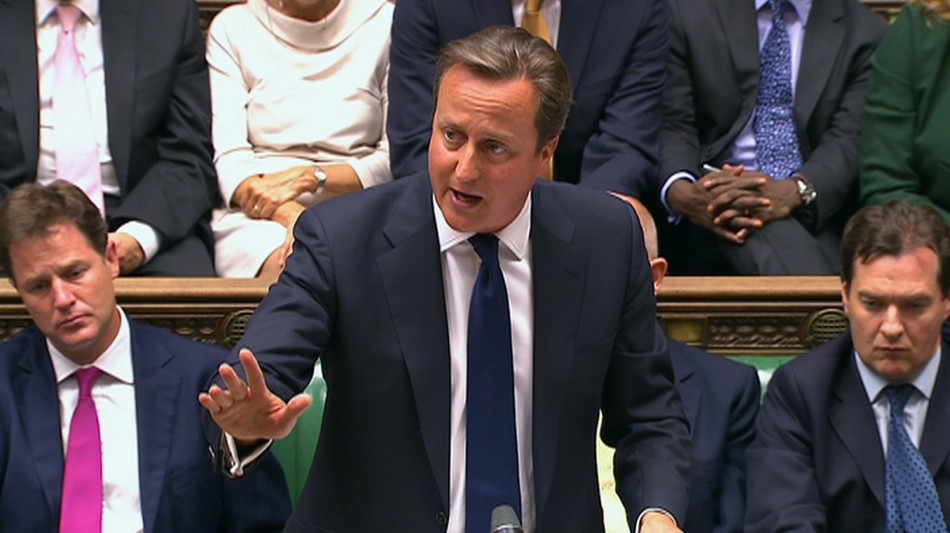I mention this in part because (even more than 20 years on) I find it both unlikely and entertaining, but partly because a couple of weeks ago I was lucky enough to hear Natalie Haynes and Mary Beard speak about the value of the classics (among many other things) at Damien Barr’s Literary Salon. You can listen to their brilliant interviews via the podcast versions here - https://www.theliterarysalon.co.uk/
Given that I studied ancient & modern history at university and classical civilisation for A-level, this evening was completely up my street – two intelligent, articulate, funny women talking ancient history, culture and books – and yes, Mary Beard’s sparkly trainers were defiantly on show.
 |
Mary Beard's sparkly trainers
(Sorry for the rubbish photo quality! Source, as you might expect, is me)
|
But that evening make me think about my classics A-level. Even at the time I thought it was brilliant, and not only because as a group of 17-year-old girls we got to study statues of naked men for a whole term. It was great because it provided us with a real grounding in a range of areas important to understanding the culture of the Greek world. It wasn’t just about one thing, as our other school subjects tended to be, but roved across a variety of disciplines and ways of looking at things. The naked men were only one element of an introduction to ancient Greek art and architecture; we studied a number of different types of literature (Homer, classical tragedies and comedies, some shorter poetry) and a fair amount of political, social and economic history as well; some archaeology and even a bit of geography while we were at it.
I really enjoyed that rounded experience of learning about a place and time in a variety of different ways. It’s a perspective and way of thinking that I’ve taken with me when looking at other societies, whether studying them for academic reasons, for my more recent forays into historical fiction and when visiting places in real life.
And the naked man? Well, he of the unusual pubes is known as the Aristodekos Kouros, and one of my A-level questions genuinely was a photo of him which I had to identify and discuss. He was easy to spot, for obvious reasons. And even now, should you ever need a Greek male nude dated, I can usually get to within a decade or so.
I’ll leave you to decide which is the more useful useful life skill. But I’d definitely like to have the statue as the centrepiece of my Cabinet of Curiosities!
 |
The Aristodekos Kouros
Source: Wikimedia Commons
|


